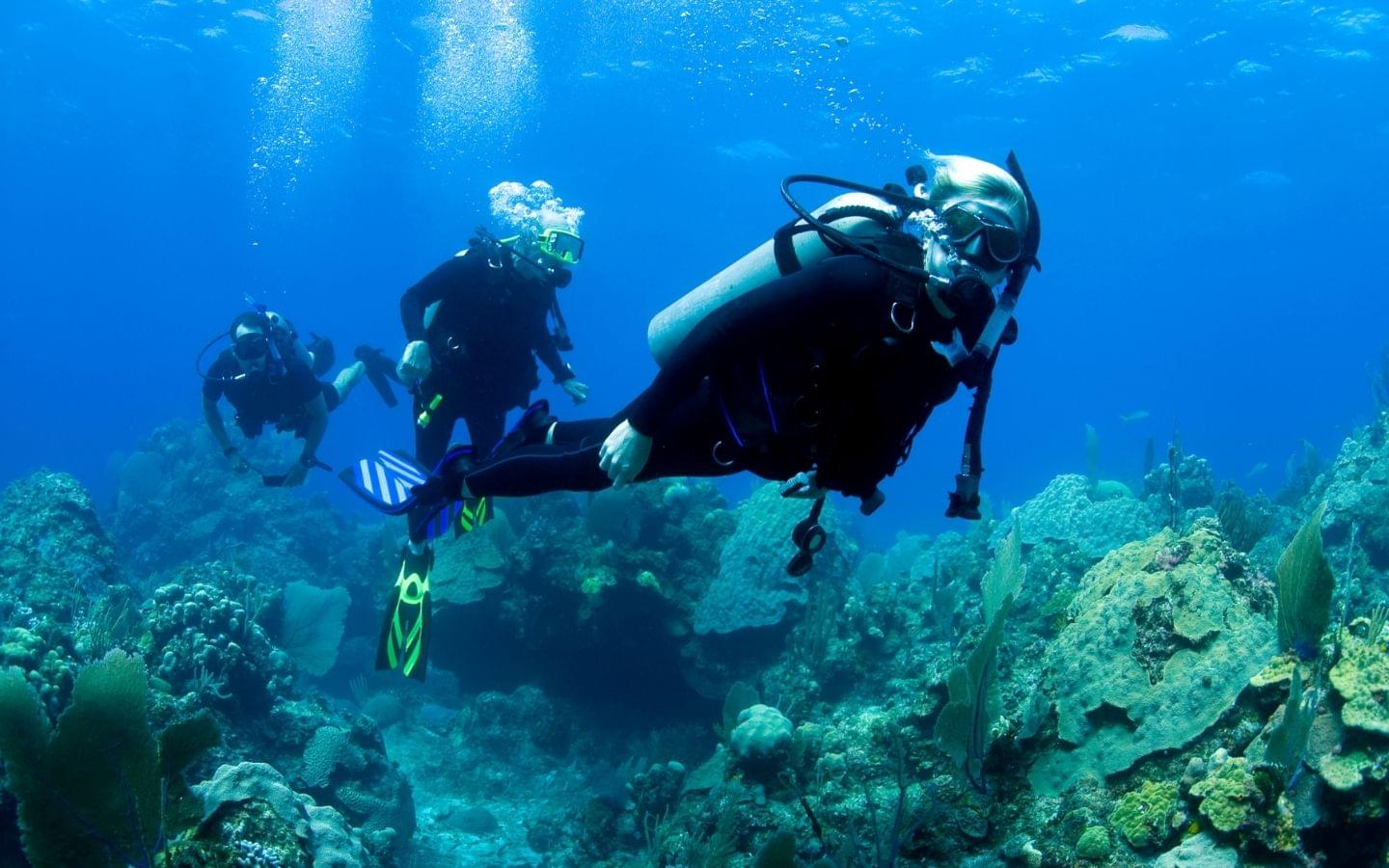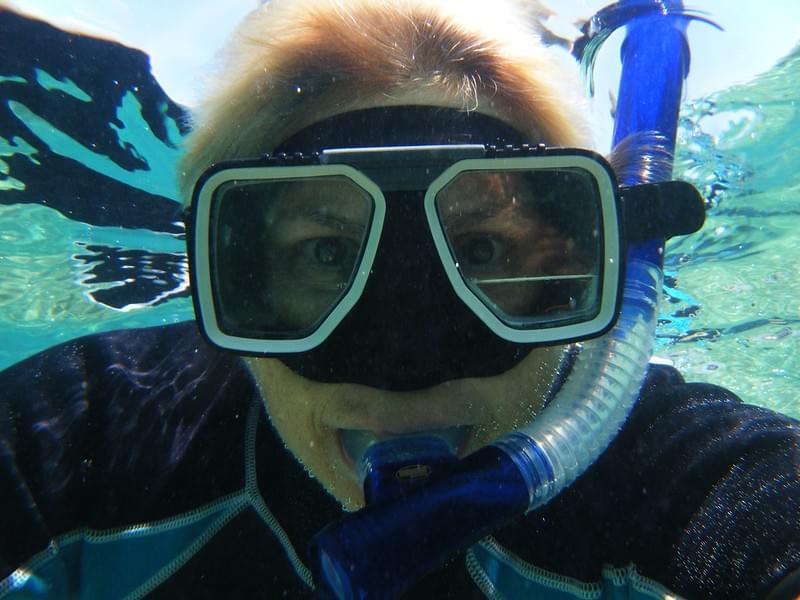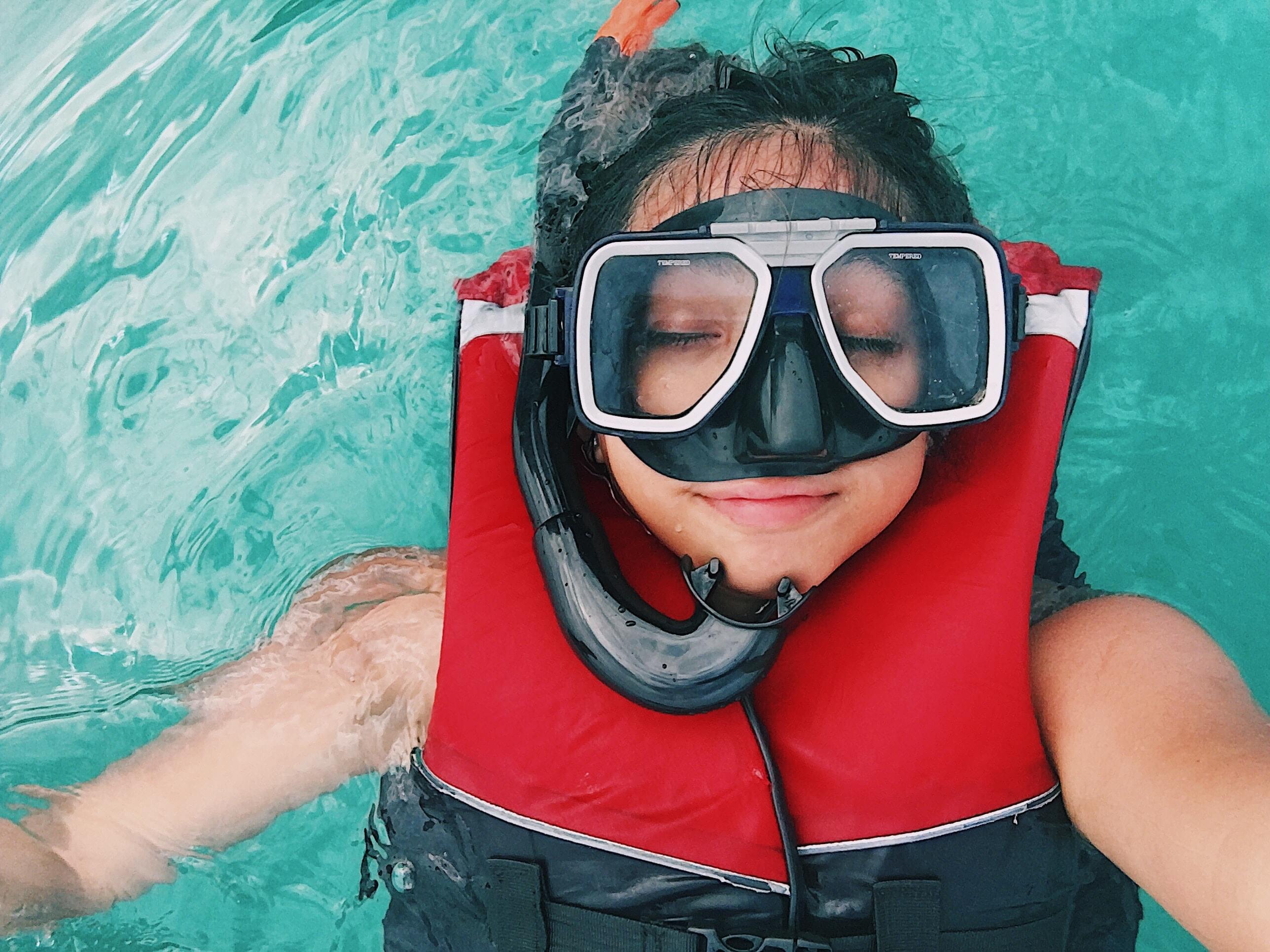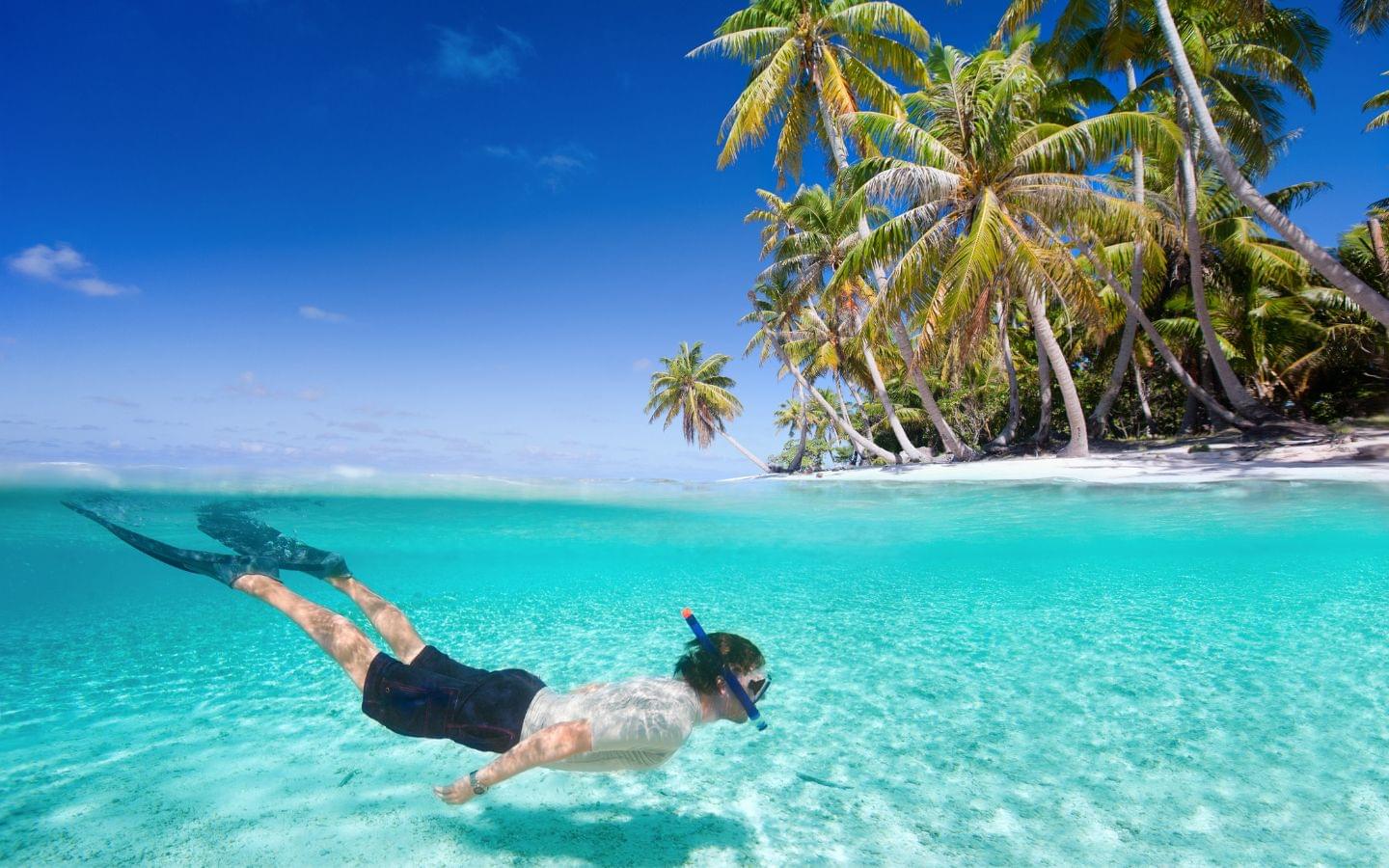How to plan a stress-free scuba diving trip
All the information new and certified divers need to plan their first scuba diving trip. Follow these steps and feel confident when you take your first breathes underwater.
When planning a scuba diving trip, there is a lot to consider about the right location, dive shop, and travel arrangements. There are also steps you can take to prepare physically and mentally before entering the water. New or returning divers who don’t know where to start, use this guide to plan your dive trip with confidence.
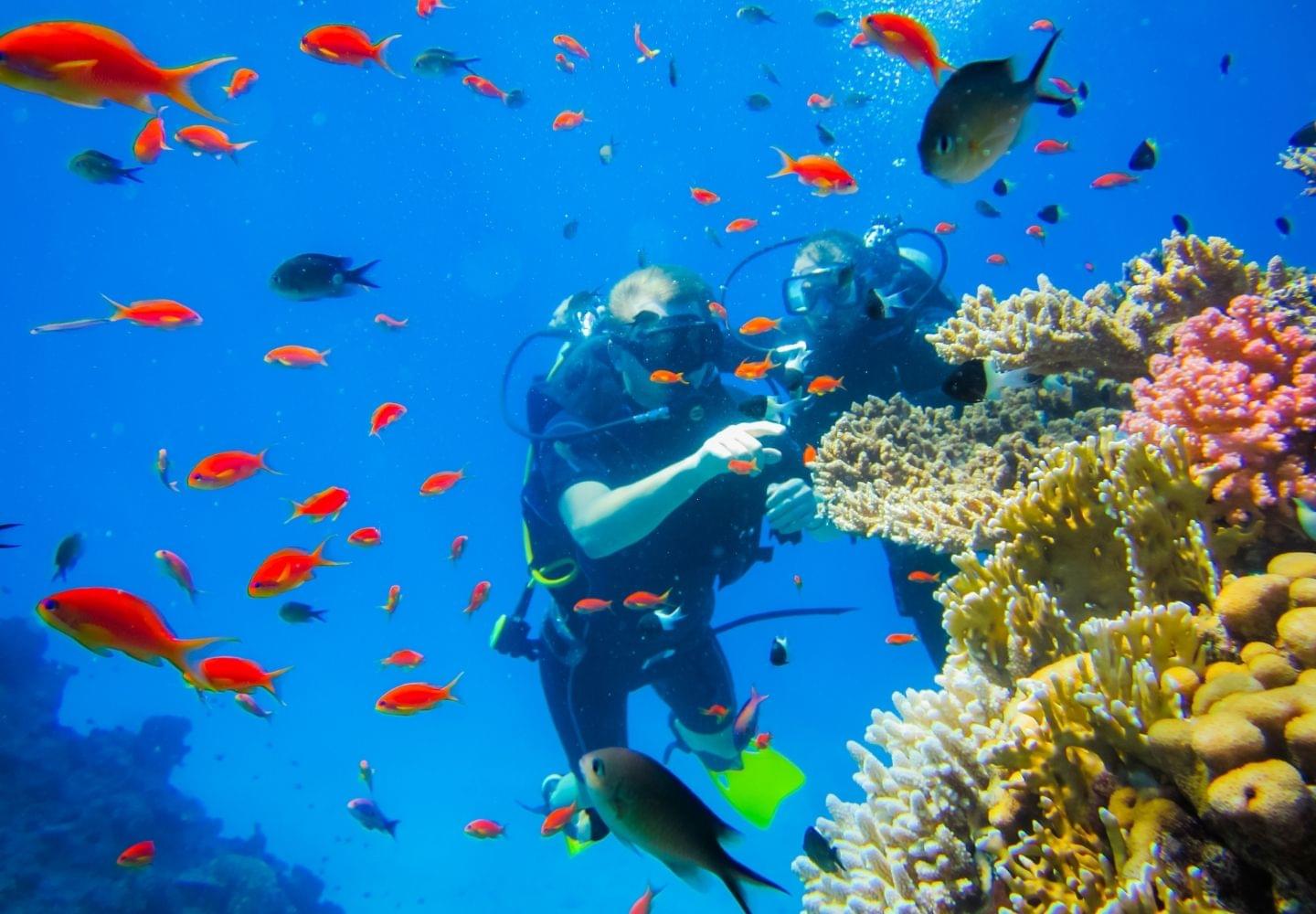
Who can scuba dive?
To complete an Open Water certification course, you must be at least 15 years old. You will need basic swimming skills and must complete a dive medical questionnaire. 10 to 14-year-olds can get their Junior Open Water certification with permission from a parent (1).
Divers who are already certified, but haven’t dived for six months or more, will need to complete a Refresher course. This covers the basic skills and knowledge needed for every dive.
Plan your dive
Follow these steps to prepare for your first scuba diving trip:
- Talk to your doctor
- Choose a dive location
- Book with a dive center
- Plan your travel
- Get dive or travel insurance
- Check your scuba gear
- Practice with snorkeling and exercises
- Review your course information
- Prioritize rest and nutrition
- Pre-dive checks
1. Talk to your doctor
Dive courses require the completion of a medical questionnaire. It alerts instructors of health issues that cause complications while scuba diving. If you have any of the conditions mentioned on the form, then you will need to get a doctor’s approval before diving. Some medical conditions to be aware of are diabetes, heart conditions, and epilepsy (2). Divers completing the Refresher course will also need a new medical questionnaire.
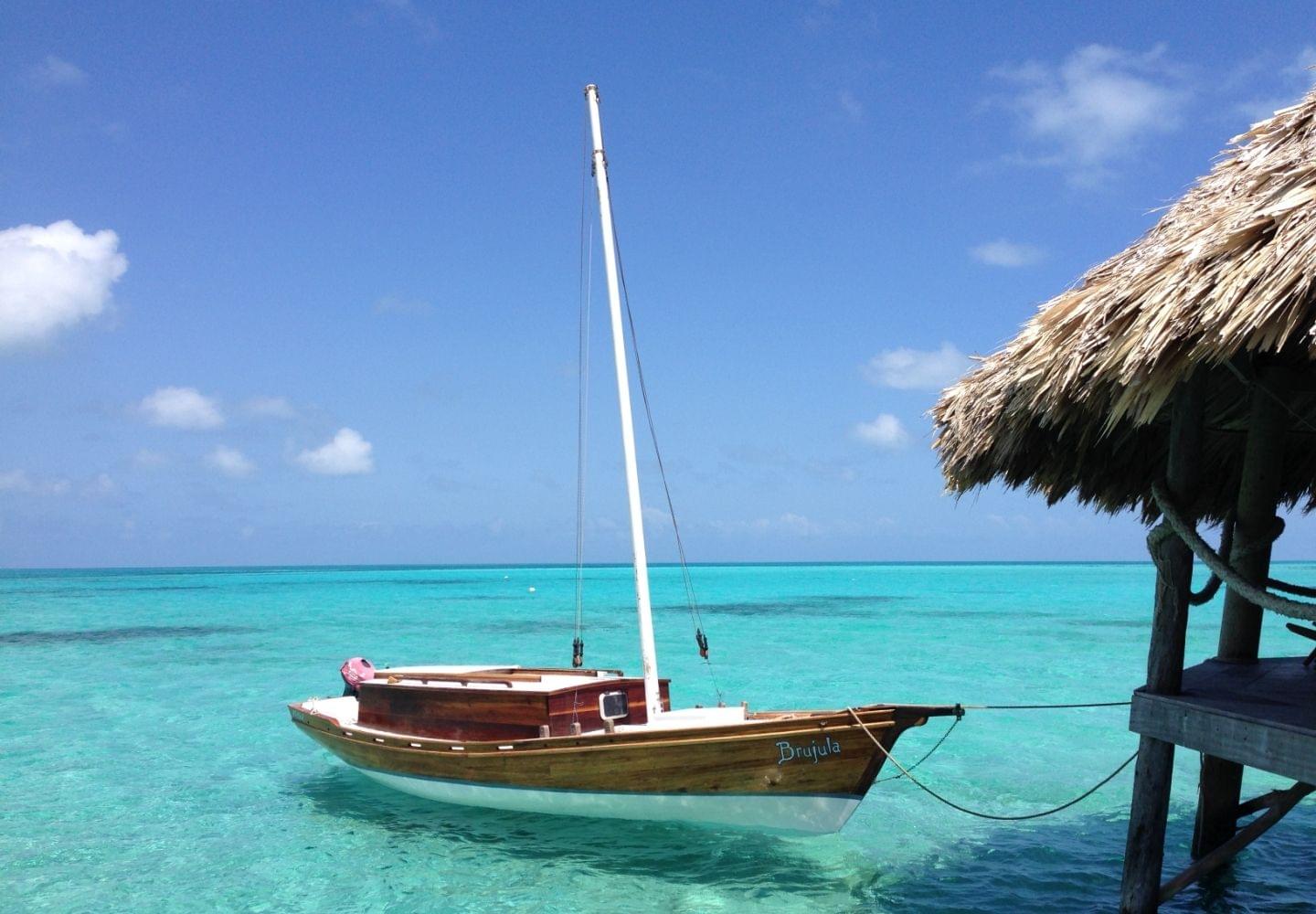
2. Choose a dive location
First, decide if you want to take a vacation abroad or if you want to explore waters closer to home. Then, check the diving and weather conditions for the time of year you will travel. Depending on the season, areas will have better visibility, fewer tourists, or more wildlife sightings. Even in summer, consider water temperatures as some dive sites have cold water all year round.
Certified divers should check that they are qualified to dive in their chosen location. If you don’t have a deep, drysuit, or cave certification you won’t be able to dive in those conditions.
For Beginners
When getting certified, pick a location with calm waters and predictable weather. Avoid places with heavy currents and poor visibility that will make learning a challenge.
Returning divers
To ease yourself back into diving, pick somewhere similar to your past dives. Don’t choose a place only for stunning wildlife; when conditions are harsh, it is harder to enjoy the dive. Return to diving in calm conditions, as even experienced divers can panic underwater.
3. Book with a dive center
Next, pick a certified dive center in your chosen location. Never dive with a shop or instructor that is not certified with a dive agency, such as PADI or SSI. Look at which company has the most experience in the area and which dive sites they go to. Some shops work with beginner divers in calmer locations, while others only lead more experienced divers.
For Beginners
Choose a certified diving agency that you want to work with no and in the future. There are many to choose from, but PADI and SSI are the two most well-known companies. Consider which is more prevalent near your home or areas you want to dive. If you continue with advanced courses in the future, you will need to go through the same dive agency.
Returning divers
To complete a Refresher course, choose a dive shop within your certifying agency. If you don’t need to take a course you can dive with a shop from any agency. Most follow the same basic rules with only slight differences.
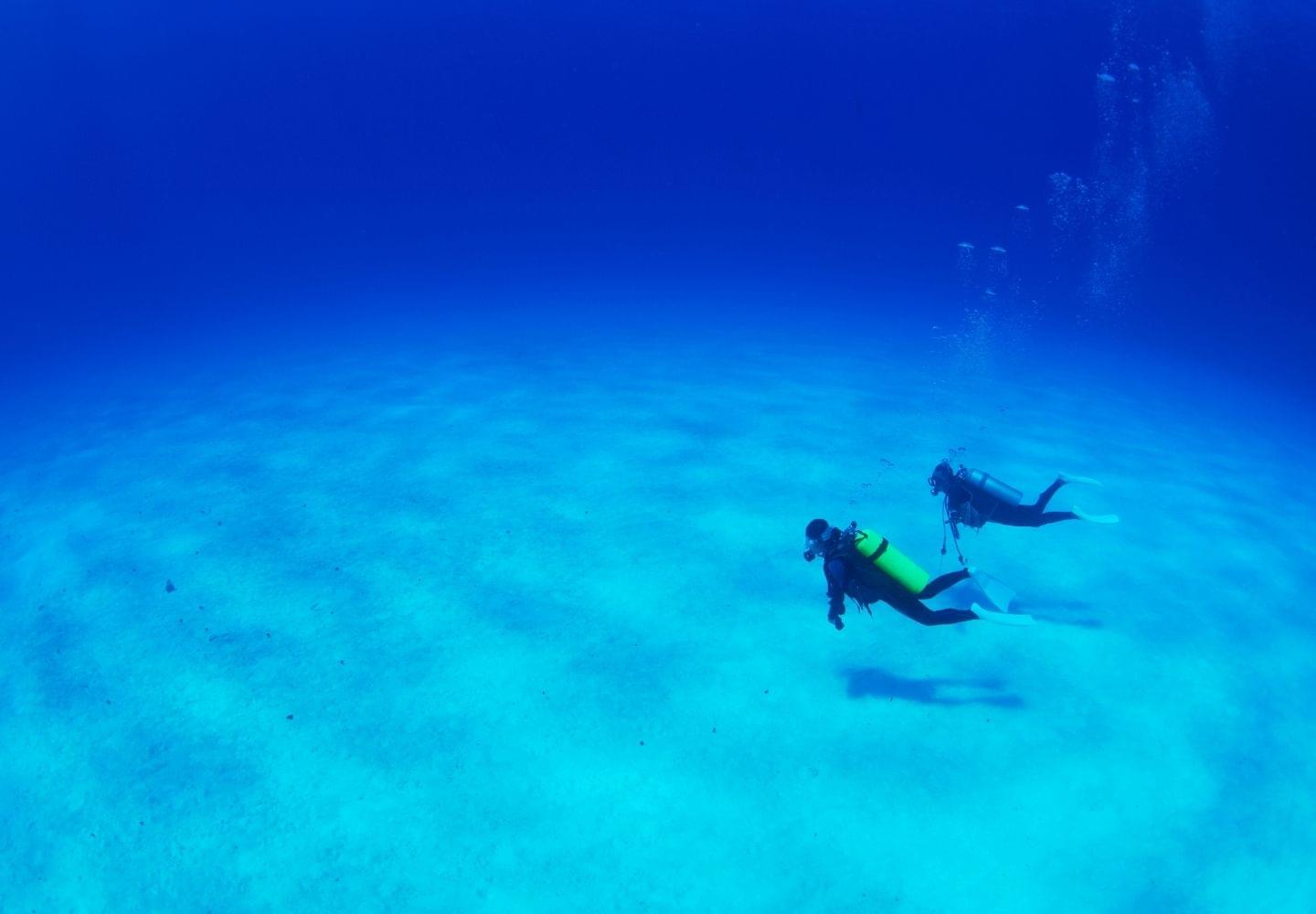
4. Plan your travel
Planning your travel around your dives is as important as where you will dive. For long-distance flights or drives, give yourself time to arrive and rest beforehand. Having enough rest before a dive will improve your air consumption and physical capabilities.
If you will be flying after your dive, you must plan your return flights carefully. Divers must wait at least 13 hours after a single dive, and longer after multiple dives, before boarding a plane. Flying too soon puts you at risk of Decompression Sickness (DCS).
Always confirm with the dive center the time that your last dive ends and plan your flights accordingly. When possible, plan for at least one full day after your last dive to avoid serious injury.
DCS is dangerous but completely avoidable with the right precautions. Learn when it is safe to fly after diving in our article here.
5. Get dive or travel insurance
Once you’ve made your plans, protect yourself with insurance. While diving is a safe sport, accidents do happen and most basic insurance doesn’t cover scuba diving. Some travel insurance companies offer scuba coverage at an additional price. You will need to check the regions and dive depths that they cover.
There are also insurance companies specifically for divers, such as Diver’s Alert Network and DiveAssure. These cover any accidents related to scuba diving and some plans also cover travel costs.
6. Check your scuba gear
If you own scuba gear, check the condition a few weeks before your dive trip. At home, assemble your gear and look for any breaks or tears. To get a thorough inspection of your BCD and regulator, visit a local dive center to test for air leaks with an oxygen tank.
Buy any new or replacement items in advance so you have time to test them before your trip. Scuba diving with untested gear can create discomfort or safety issues.
New divers and those who don’t have gear can rent it with the dive shop they booked with. Rental gear is an extra cost but the dive professionals regularly inspect it for any issues. When you get to the shop, check the rental gear and try on the wetsuit, mask, and booties for comfort. Bring anything you are unfamiliar with or unsure about to the staff’s attention.
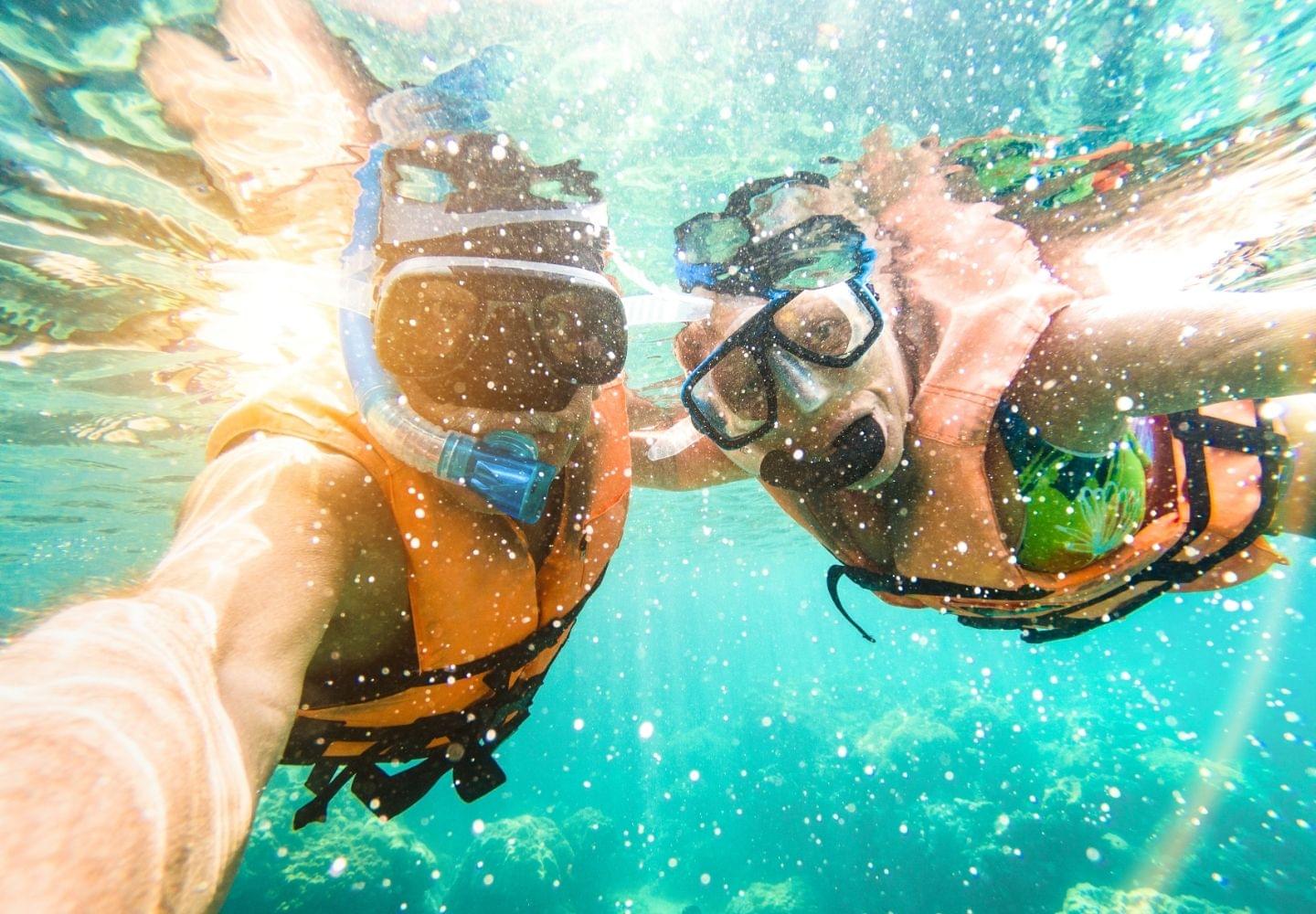
7. Practice with snorkeling and exercises
It is a good idea for new and returning divers to snorkel before their dive. Spending time in the open water with a mask and fins will help you adjust to diving and using some dive gear. This is also the perfect time to test any new gear you have purchased and make the necessary adjustments.
Starting yoga, meditation, or exercising before a trip is a way many divers relax and improve their air consumption. The slow breathing of yoga and meditation underwater will extend the time of your dive.
Breathe control is also one of the keys to controlling neutral buoyancy as you float above objects (4). Additional exercises to improve overall fitness will make diving easier for you. This will lead to a longer bottom time and feeling less tired when you surface.
8. Review your course information
For recently certified divers or those who haven’t dived in a while, take time to review your course information. The Open Water course covers a lot, and it is easy to forget with time. Use the resources your dive agency offers to go over the basics of diving equipment, buoyancy control, and safety procedures. When you first dive again, this review will help you remain calm and in control.
9. Prioritize rest and nutrition
As you get ready for your dive trip you will want to focus on rest and nutrition. While busy with travel or sightseeing, take time to relax and eat well to be mentally and physically prepared.
Diving affects our brain and causes us to process information slower underwater. Lack of sleep will make focusing harder, and you will feel more drained after your dive (5).
Hydration and eating a proper diet will help you avoid getting sick and give you the energy on your dives. 24-hours before, start drinking more water and eat a diet high in healthy carbohydrates and fats. Dive shops prohibit drinking any alcohol within 8 hours before a dive. Alcohol has dangerous side effects for scuba divers that lead to DCS and shops will not allow you to dive.
Read more about the best and worst foods to eat before diving in our article here.
10. Pre-dive checks
When the day of your dive arrives, you should feel relaxed and well-rested. Eat a small, simple meal 2-3 hours before your dive and drink plenty of water. To complete a dive course, meet the scuba instructor and begin the learning materials.
Certified divers should double-check their gear at the dive center and get fitted for any rental equipment. Divemasters will give a pre-dive briefing to cover the dive site, the current dive conditions, and emergency procedures. Get to know your dive buddy and discuss your comfort levels and dive experience. Agree on goals for the dive beforehand to have better communication underwater. After this, all you have to do is enjoy your dive and follow the divemaster.
Conclusion
Health and safety should come first when scuba diving and this starts with your travel plans. Choose a dive location and a company that matches your experience and comfort level. Give yourself enough time before your dive to prepare your gear and make your health a priority. When you follow all of the steps, you will be more than ready when it’s time to dive.
References
- Open Water Diver. SSI. https://www.divessi.com/en/get-certified/scuba-diving/open-water-diver
- Diver Medical, Participant Questionnaire. PADI. https://www.padi.com/sites/default/files/documents/2020-08/10346E_Diver_Medical_Form.pdf
- Kessler, CJ. The Benefits of Yoga and Scuba Diving. Sport Diver. https://www.sportdiver.com/benefits-yoga-and-scuba-diving
- Eliason, N.Your Brain on Nitrogen. Medium. https://medium.com/nathaniel-eliasons-blog/scuba-diving-sleep-deprivation-and-the-danger-of-feeling-fine-743208c948e5
Last updated 17 October 2024
